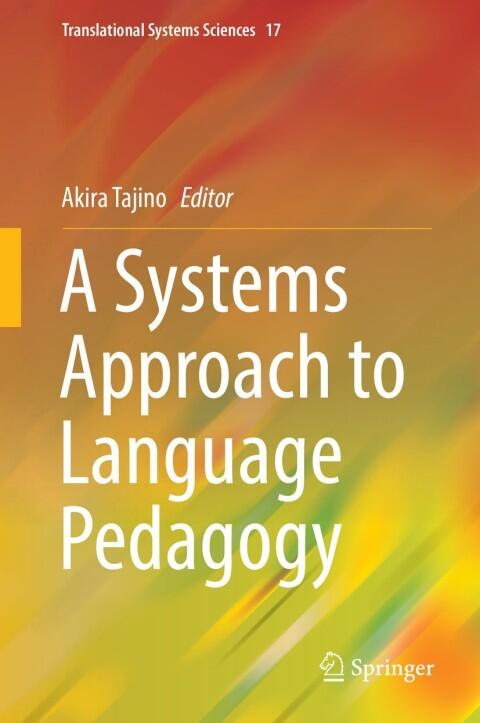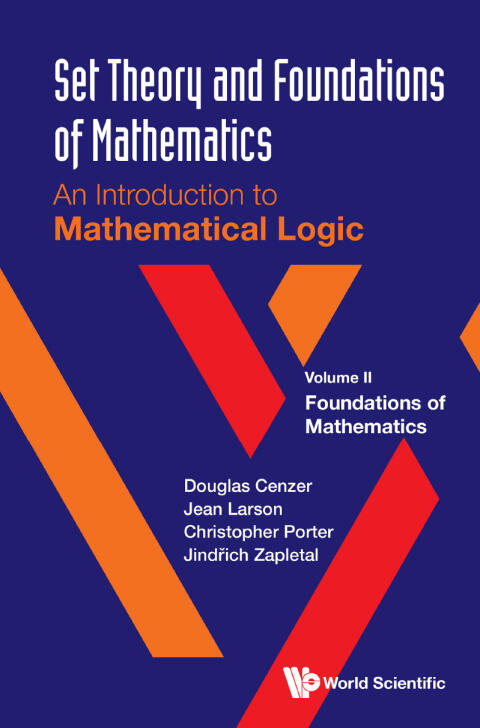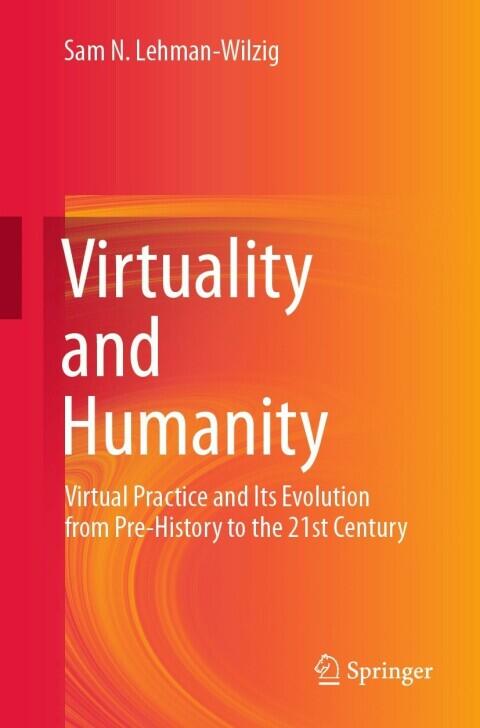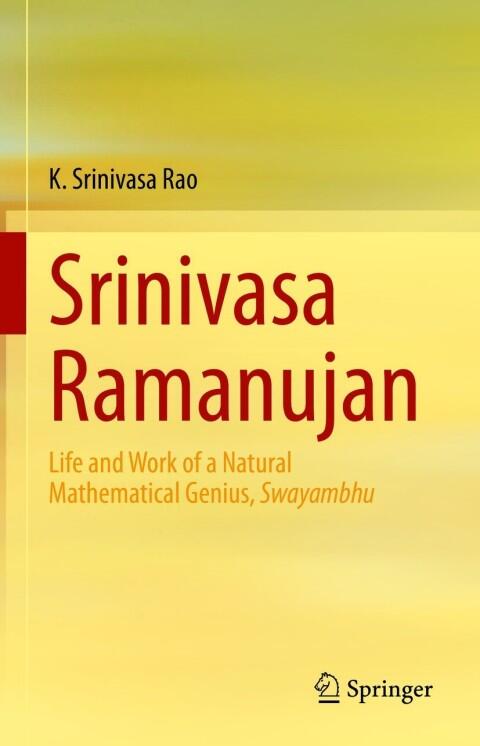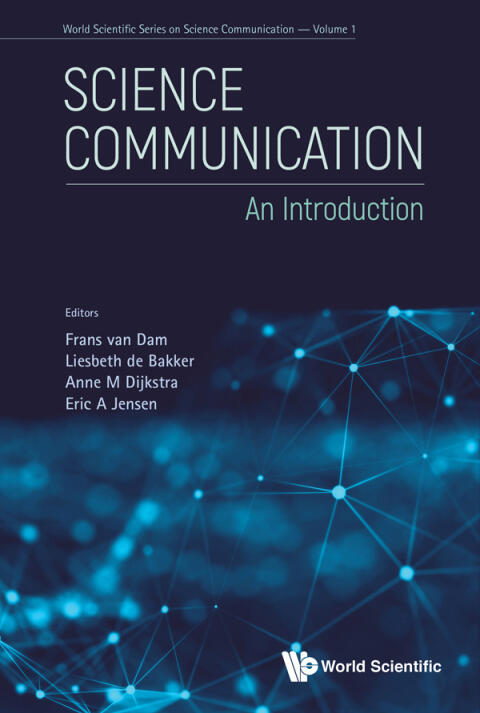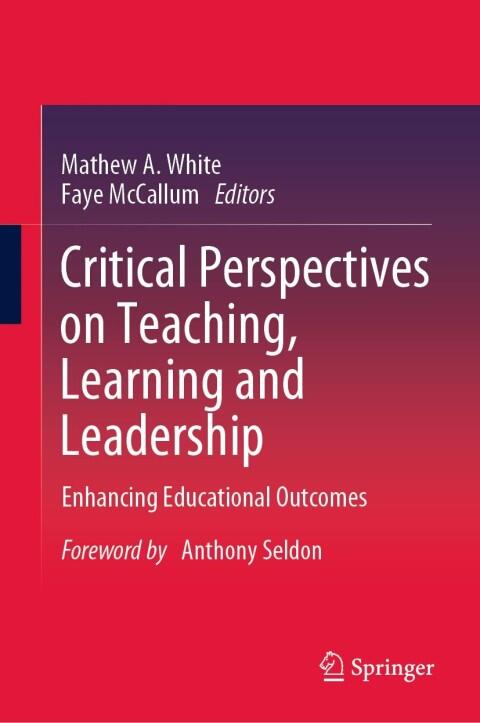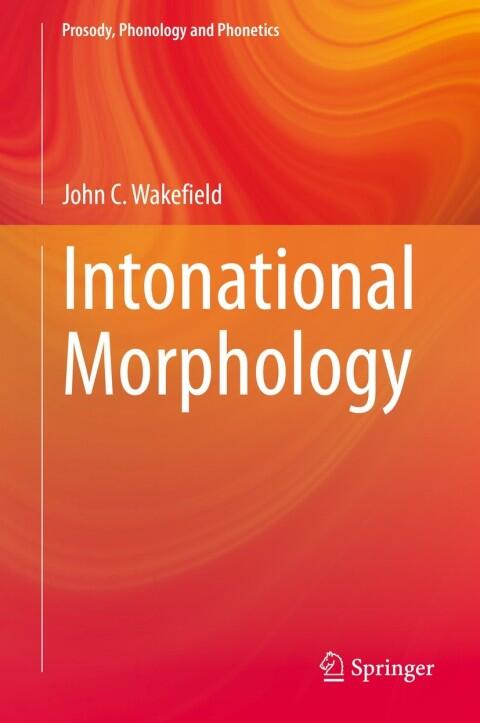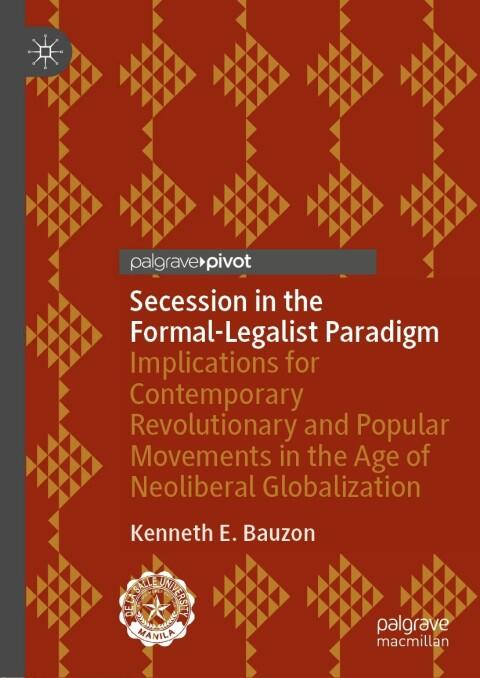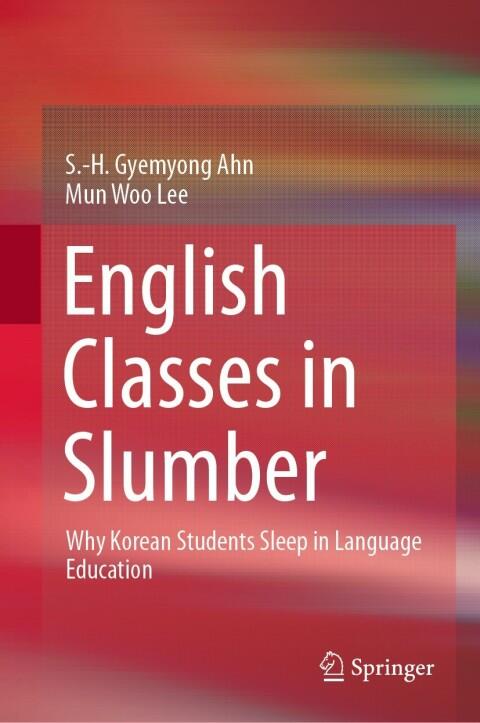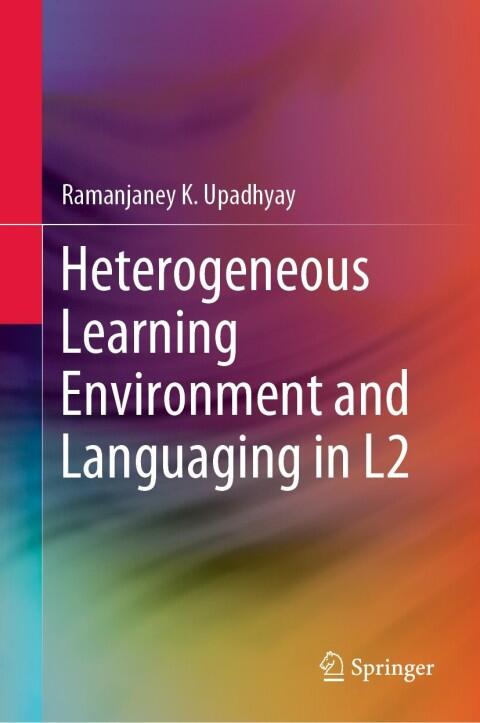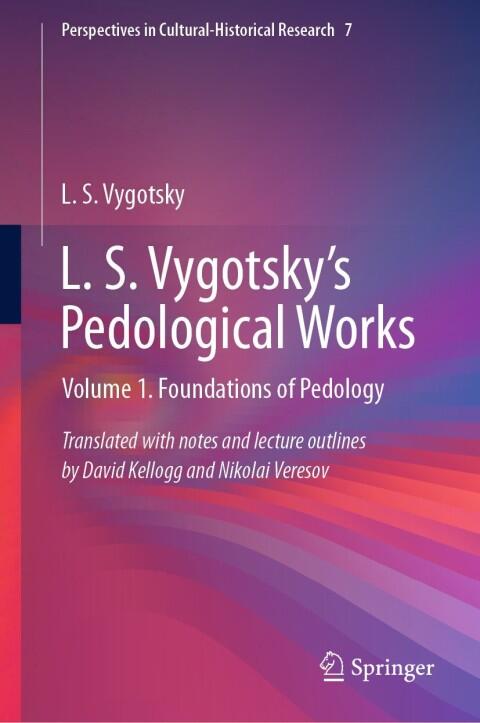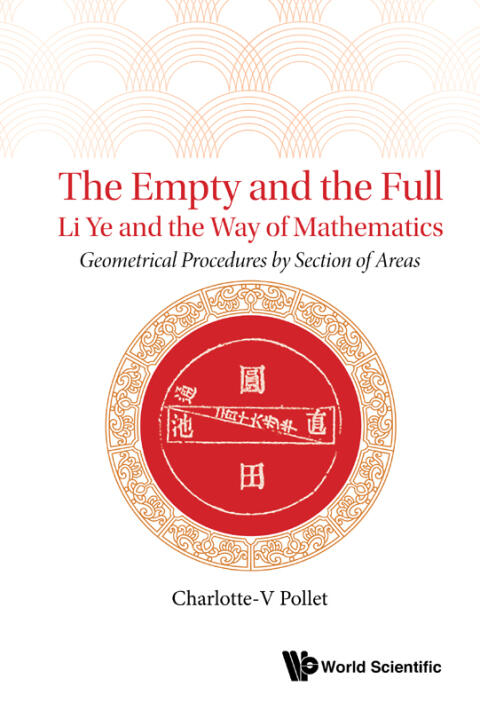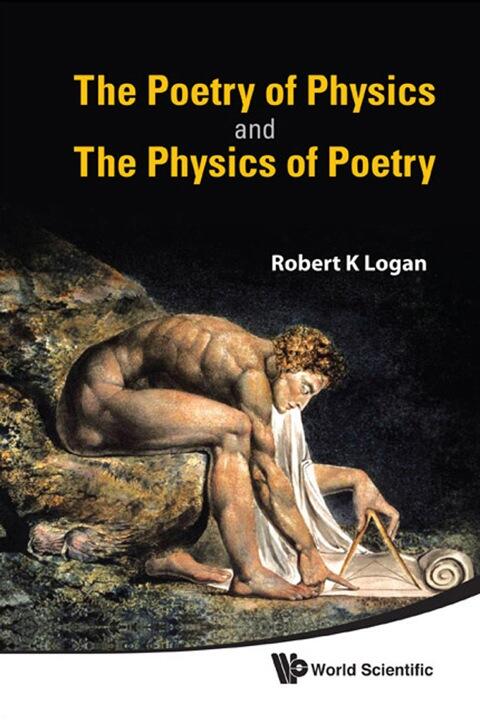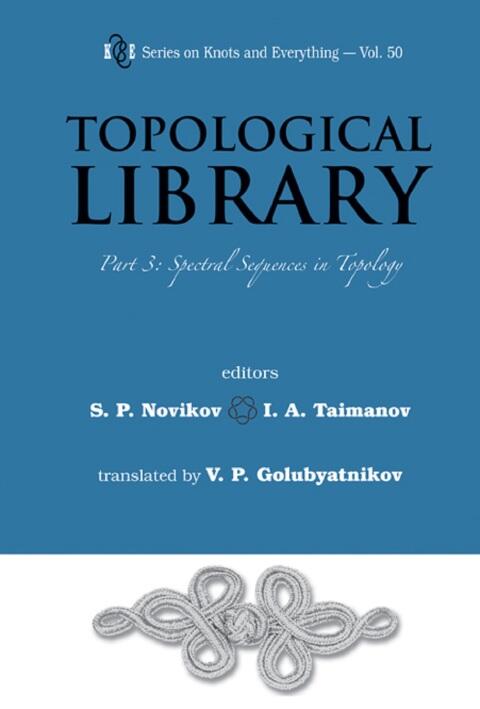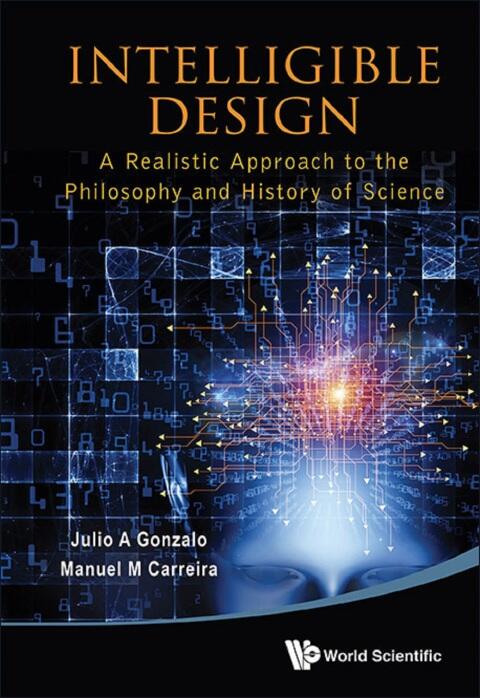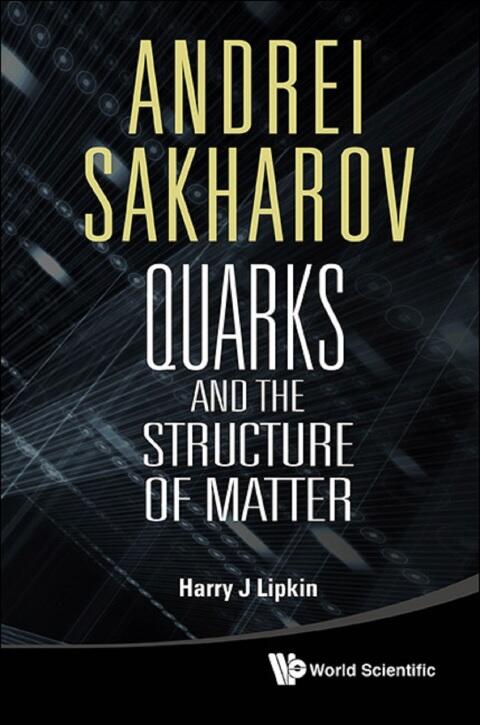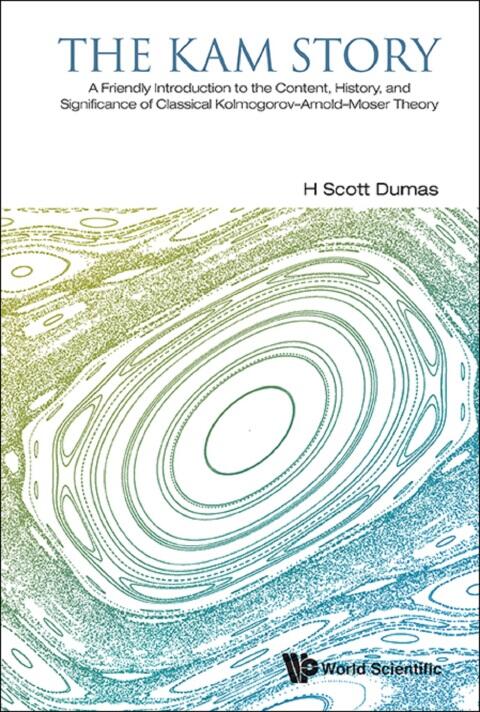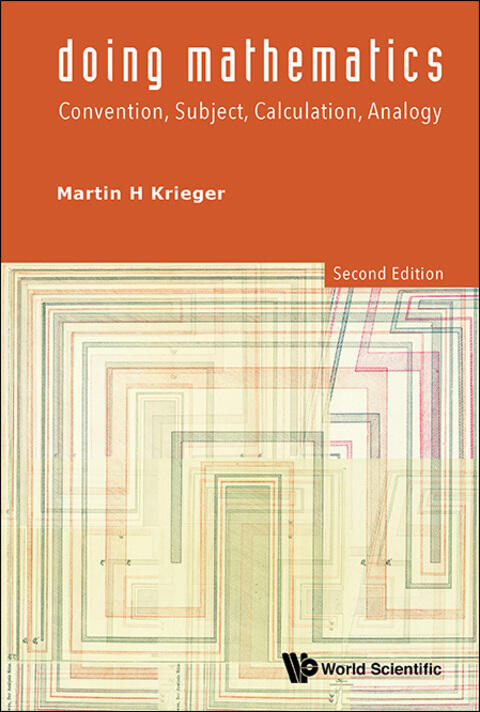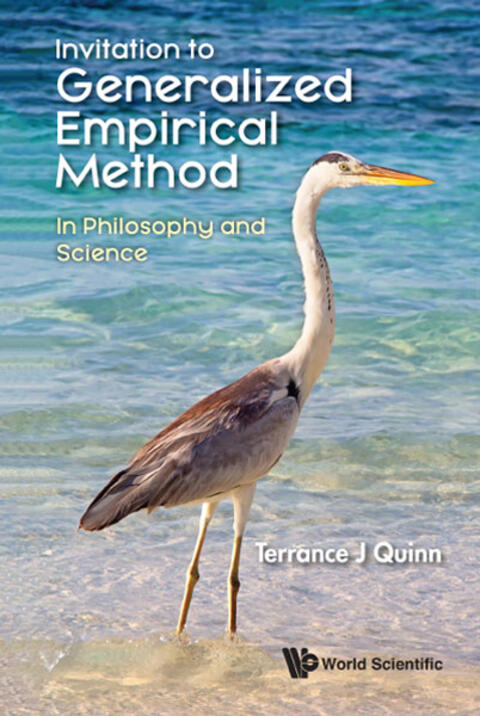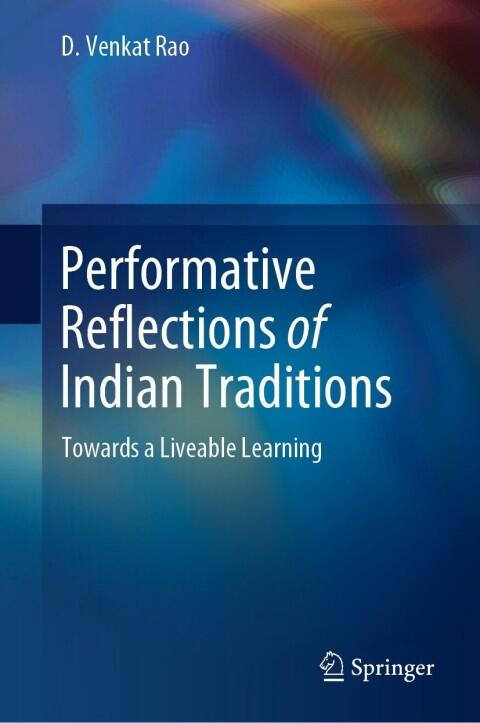
Performative Reflections of Indian Traditions: Towards a Liveable Learning
بواسطة
D Venkat Rao
لا توجد تقييمات بعد
Philosophy
Poetry
تنسيق
كيندل
صفحات
474
لغة
الإنجليزية
منشور
Jan 1, 2021
الناشر
Springer
الطبعة
2
رقم ISBN-10
9811623910
رقم ISBN-13
9789811623912
الوصف
D. Venkat Rao delves into the vibrant tapestry of Indian traditions in a thought-provoking exploration that underscores the interconnections among diverse cultural texts. By weaving together historical narratives, philosophical insights, and contemporary practices, the author invites readers to appreciate the richness and depth of India's heritage. The book serves as an illuminating guide for those keen to understand how these traditions can contribute to a more meaningful and sustainable way of living.
Rao emphasizes performative reflections, revealing how ancient practices can inform modern sensibilities. The work highlights not only the aesthetic and ritualistic dimensions of Indian traditions but also their potential to shape identity and community in today's fast-paced world. Through this lens, readers are encouraged to rethink the relevance of these traditions in fostering a sense of belonging and purpose.
By focusing on coherence across various texts, the narrative encourages dialogues between the past and the present. It paves the way for an enriched understanding of learning that transcends conventional boundaries, reinforcing the idea that education should be a journey towards livability, rather than a mere accumulation of knowledge.
Ultimately, Rao’s examination serves as a reminder of the strength found in embracing one’s cultural roots while navigating the complexities of modernity. It is a heartfelt call to reconnect with the human experience, seeking a balance between tradition and innovation that can lead to holistic growth and understanding.
Rao emphasizes performative reflections, revealing how ancient practices can inform modern sensibilities. The work highlights not only the aesthetic and ritualistic dimensions of Indian traditions but also their potential to shape identity and community in today's fast-paced world. Through this lens, readers are encouraged to rethink the relevance of these traditions in fostering a sense of belonging and purpose.
By focusing on coherence across various texts, the narrative encourages dialogues between the past and the present. It paves the way for an enriched understanding of learning that transcends conventional boundaries, reinforcing the idea that education should be a journey towards livability, rather than a mere accumulation of knowledge.
Ultimately, Rao’s examination serves as a reminder of the strength found in embracing one’s cultural roots while navigating the complexities of modernity. It is a heartfelt call to reconnect with the human experience, seeking a balance between tradition and innovation that can lead to holistic growth and understanding.
